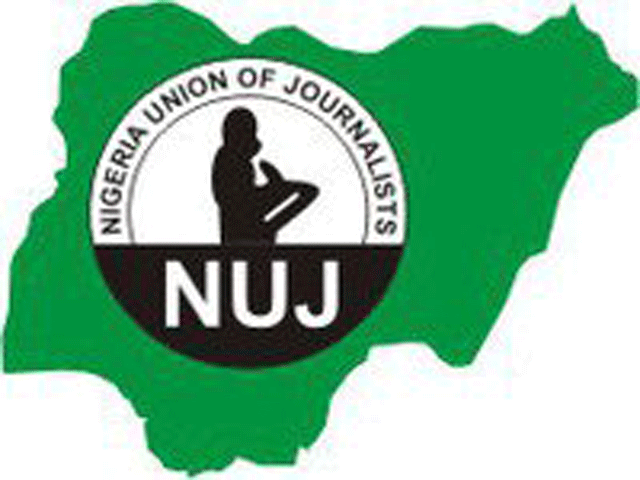I am happy that already we have a governmental tool to help us drive this need for ethical and attitudinal reorientation countrywide. I am talking of the National Orientation Agency
The Chairman of United Nigeria Airlines, Prof. Obiora Okonkwo, has said that for Nigeria to overcome most of its challenges especially those that bother on corruption, there is need for a complete ethical and attitudinal reorientation of the people.
To this end, Prof. Okonkwo said the National Orientation Agency (NOA) ought to be upgraded and its mandate expanded to include ethical and attitudinal reorientation.
Speaking while delivering an address at the maiden lecture and awards series of the Nigerian Television Authority (NTA) chapel of the Nigerian Union of Journalists (NUJ) in the entire southeast zone tagged “Reawakening the Age-Long Norms and Values of our People” which held in Enugu at the weekend, Prof. Okonkwo said the dearth of morals in public conduct has become worrisome.
According to him, the erosion of good and proper conduct and character in Nigeria was at the center of the rise in corruption in Nigeria adding that for the problem to be effectively tackled, the NOA needs to be expanded with mandate to push for ethical and attitudinal reorientation.
He said “your academic attainments can get you the best job, but the only thing that will keep you at the job and determine how long you stay up there is your character’, adding that “to reawaken the age-long norms and values of our people, I, therefore, recommend that we must return to basics; that we must begin to rejig our institutional structures that play huge roles in character formation and ethical reorientation”.
“I am happy that already we have a governmental tool to help us drive this need for ethical and attitudinal reorientation countrywide. I am talking of the National Orientation Agency (NOA). What we have in our hands is not a problem exclusive to a particular geopolitical zone. It is a national problem. Therefore, I recommend, and strongly too, that we must push for the expansion of the mandate of NOA to include ethical and attitudinal reorientation of Nigerians.
“If need be, let there be a name change for NOA, and perhaps an upgrade into a commission, to reflect this new mandate. Let us call it National Ethical and Attitudinal Reorientation Commission with expanded mandate to become a very effective and functional tool towards achieving values reorientation across the country.
“Expanding its mandate to include ethical and attitudinal reorientation will empower NOA to be more active in the push against such negative public national habits as official corruption”, he stated.
Prof. Okonkwo also said the next Nigerian government must find a way to institutionalize ethical and attitudinal reorientation into its programmes so as to make it an effective tool in curbing identified social ills and restore moral values of the Nigerian.

he said: “I am mindful of the fact that government, including previous ones, had made attempts to refocus ethical and public morality issues through such rebranding instruments like ‘Not in Our Character’ of the Walter Ofonagoro era, ‘Heart of Africa’ of the Frank Nweke era, ‘Good People, Great Nation’ of the Dora Akunyili era, and recently ‘Change begins With Me’. These have been laudable attempts that failed because they were not institutionalized. Like those before it, ‘Change Begins with Me’ of Alhaji Lai Mohammed will end with his time as Minister of Information and National Orientation. This is the reason I further recommend that the next government from 2023 finds a way to institutionalize ethical and attitudinal reorientation into its programme of action for the country.”
Prof. Okonkwo further stated that the task of restoring moral values to society must not be left to government alone as religious and institutions of learning have huge roles to play.
“The church and the school system have huge roles to play”, he said adding that “my belief is that we can change our society if we capture the minds of our children at their earliest formation years and direct them properly.”
He further argued that “another major reason we must institutionalize ethical and attitudinal reorientation is that our governmental system shows itself as bereft of character both in the leadership selection process and leadership in itself. Often, we have been told that the problem of Nigeria is not the absence of human capital but the dearth of leadership. However, I think that the major problem with leadership in our clime is the absence of persons whose content of character are inspiring enough to drive the country and its people towards positive action that would berth the sort of change and growth that we all envisage.”